VISCA 2020 Speakers
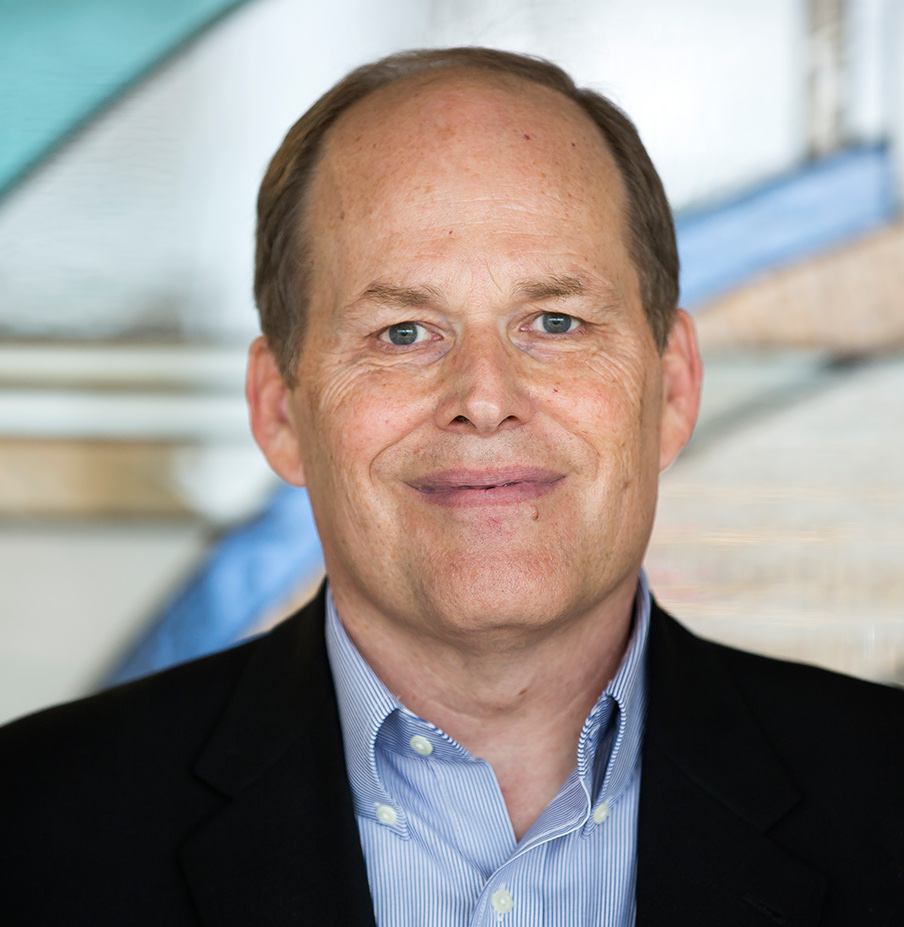
Organizer: John E. Laird
John E. Laird is the John L. Tishman Professor of Engineering at the University of Michigan. He received his Ph.D. in Computer Science from Carnegie Mellon University working with Allen Newell. He is one of the original developers of the Soar cognitive architecture and leads its continued evolution. He was a founder of Soar Technology, Inc. and he is a Fellow of AAAI, AAAS, ACM, and the Cognitive Science Society. With Paul Rosenbloom, he is the winner of the 2018 Herbert A. Simon Prize for Advances in Cognitive Systems.
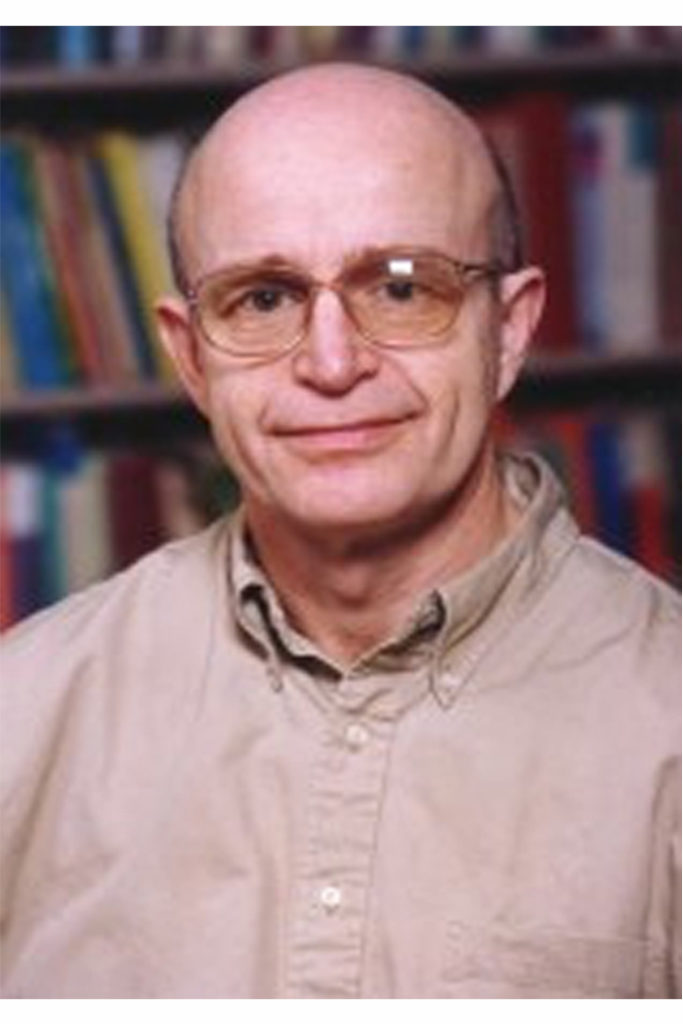
John Anderson
John Anderson is the Richard King Mellon Professor in Psychology and Computer Science at Carnegie Mellon University. His the developer of the ACT-R cognitive architecture. The goal of his research is to understand the structure of higher-level cognition with a particular focus on mathematical problem solving, with a focus on “unified theories of cognition.” He is a member of the National Academy of Sciences, AAAS, and was the 2004 winner of the David E. Rumelhart Prize from the Cognitive Science Society, the 2016 Atkinson Prize from the National Academy of Sciences and the William James Lifetime Achievement Award from the Association of Psychological Science.
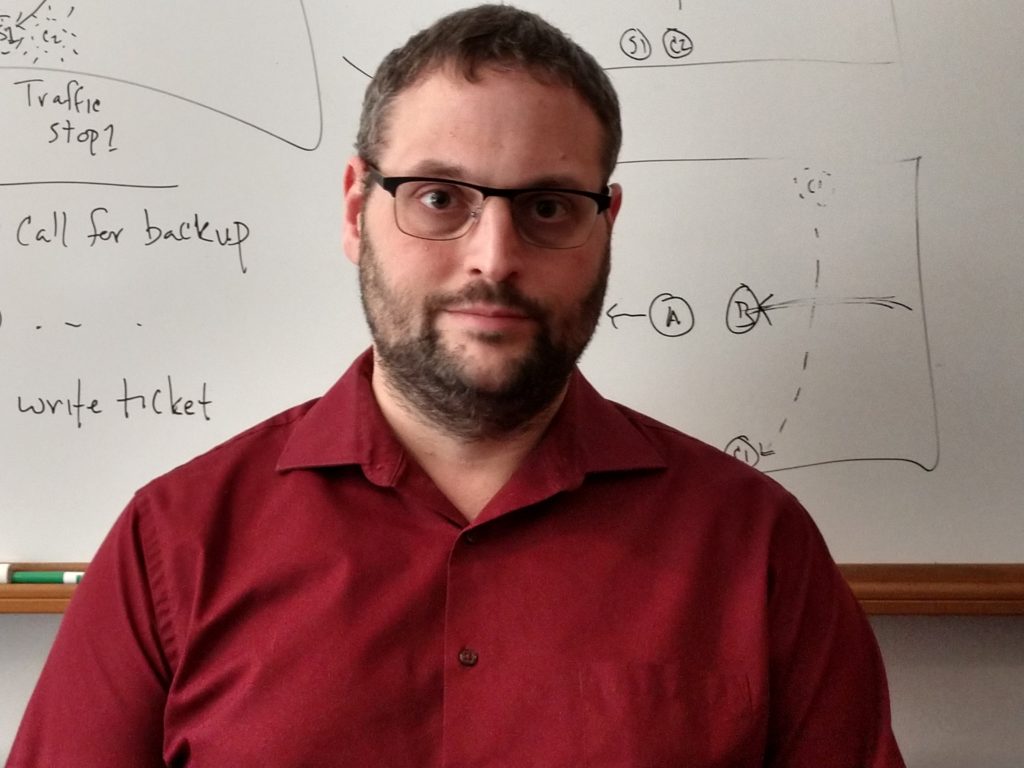
Paul Bello
Paul Bello is the director of the Integrated Cognitive Systems Section at the U.S. Naval Research Laboratory, and the former director of the Cognitive Science and AI program at the Office of Naval Research. He received his Ph.D. in cognitive science in 2005 from Rensselaer Polytechnic Institute, where his graduate work was an early contribution to the now blossoming area of AI and ethics. At ONR, Bello spearheaded an effort to expand funding and visibility for cognitive systems research including issues pertaining to the development of artificial moral agents and the study of human moral cognition. In his current role at NRL, Bello co-directs the ARCADIA research program: an ambitious effort to explore the relationships between attention, (self)-consciousness, and agency by building an attention-centric cognitive system.
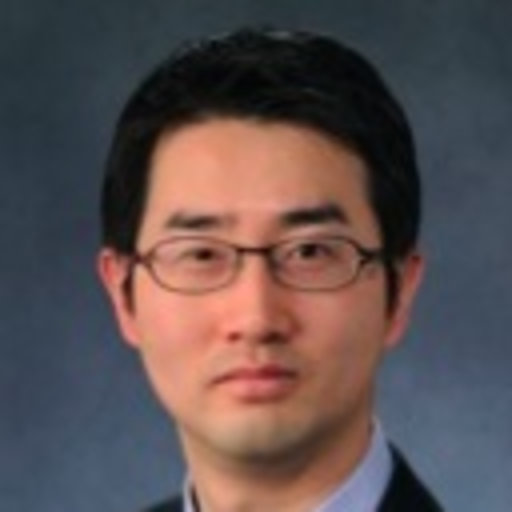
Dongkyu Choi
Dongkyu Choi is a Senior Scientist at the Institute of High Performance Computing in Singapore’s Agency for Science, Technology and Research (A*STAR), where he leads Collaborative Intelligence Group. As a researcher with expertise in cognitive architectures, he aims to build a computational infrastructure that helps integrate various aspects of human intelligence into physical systems. He jointly developed the ICARUS cognitive architecture with Pat Langley and continues to perform research using this framework. Dongkyu has led and participated in various projects from Defense Advanced Research Projects Agency, US Naval Research Laboratory, Korea Institute of Science and Technology, and A*STAR. He received his master’s and doctoral degrees in Aeronautics and Astronautics from Stanford University and his undergraduate degree in Mechanical and Aerospace Engineering from Seoul National University.
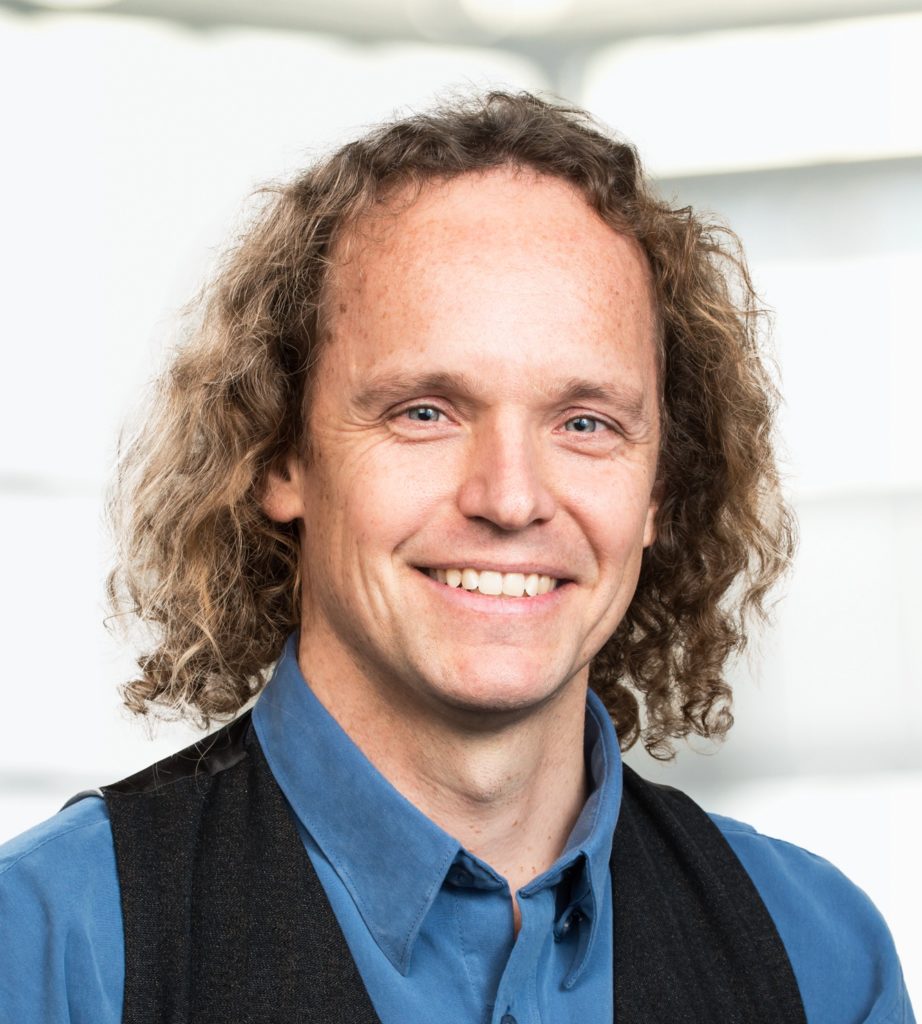
Chris Eliasmith
Professor Chris Eliasmith is currently Director of the Centre for Theoretical Neuroscience at the University of Waterloo and holds a Canada Research Chair in Theoretical Neuroscience. He has authored or co authored two books and over 110 publications in philosophy, psychology, neuroscience, computer science, and engineering venues. He has co-hosted a Discovery channel television show on emerging technologies and a recent Mind Field episode with Vsauce on building a brain with people.

Kenneth D. Forbus
Kenneth D. Forbus is the Walter P. Murphy Professor of Computer Science and Professor of Education at Northwestern University. His research interests include qualitative reasoning, analogical reasoning and learning, spatial reasoning, sketch understanding, natural language understanding, cognitive architecture, reasoning system design, intelligent educational software, and the use of AI in interactive entertainment. He is a Fellow of the Association for the Advancement of Artificial Intelligence, the Cognitive Science Society, and the Association for Computing Machinery. He is the inaugural recipient of the Herbert A. Simon Prize, a recipient of the Humboldt Research Award and served as Chair of the Cognitive Science Society.

Laura Hiatt
Laura Hiatt is a research scientist at the US Naval Research Laboratory, where she leads the Adaptive Systems Section. She earned her B.S. in Symbolic Systems from Stanford University (2004), and M.S. and Ph.D. from Carnegie Mellon University (2007 and 2009, respectively). From 2018-2019, she was appointed to the DoD’s Joint AI Center (JAIC), where she led JAIC’s AI delivery efforts. Her research primarily focuses on ways in which humans and robots can effectively work together as teammates, involving issues of planning and execution, cognitive science, and team-based task coordination strategies.
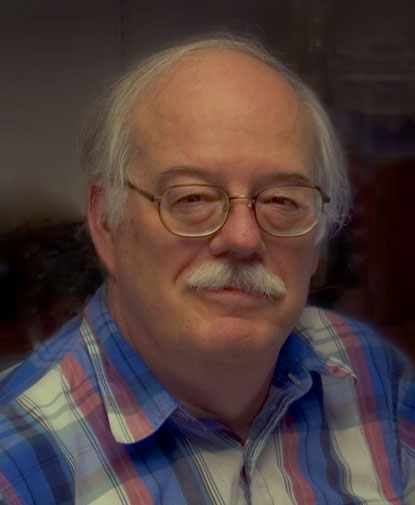
David Kieras
David Kieras is a Professor in the University of Michigan Electrical Engineering and Computer Science Department with a joint appointment in the Department of Psychology. Degrees: BA Psychology, Rice University, 1969; PhD Experimental Psychology, University of Michigan, 1974. Positions: R.K. Mellon Post-Doctoral Fellowship, Carnegie-Mellon, 1974-76; Psychology Department University of Arizona; 1976-84. University of Michigan, 1984 – present. His research, supported by ONR, IBM, NASA, ARPA, NSF, and others, focusses on constructing and validating computational cognitive models for tasks that have practical importance in areas such as human-computer interaction, human performance, and complex human learning.

Pat Langley
Pat Langley received his Ph.D. in psychology from Carnegie Mellon University. He is currently serve as Director for the Institute for the Study of Learning and Expertise. My research interests revolve around computational learning and discovery, especially their role in computational biology, scientific data analysis, adaptive user interfaces, and cognitive architectures for intelligent agents.
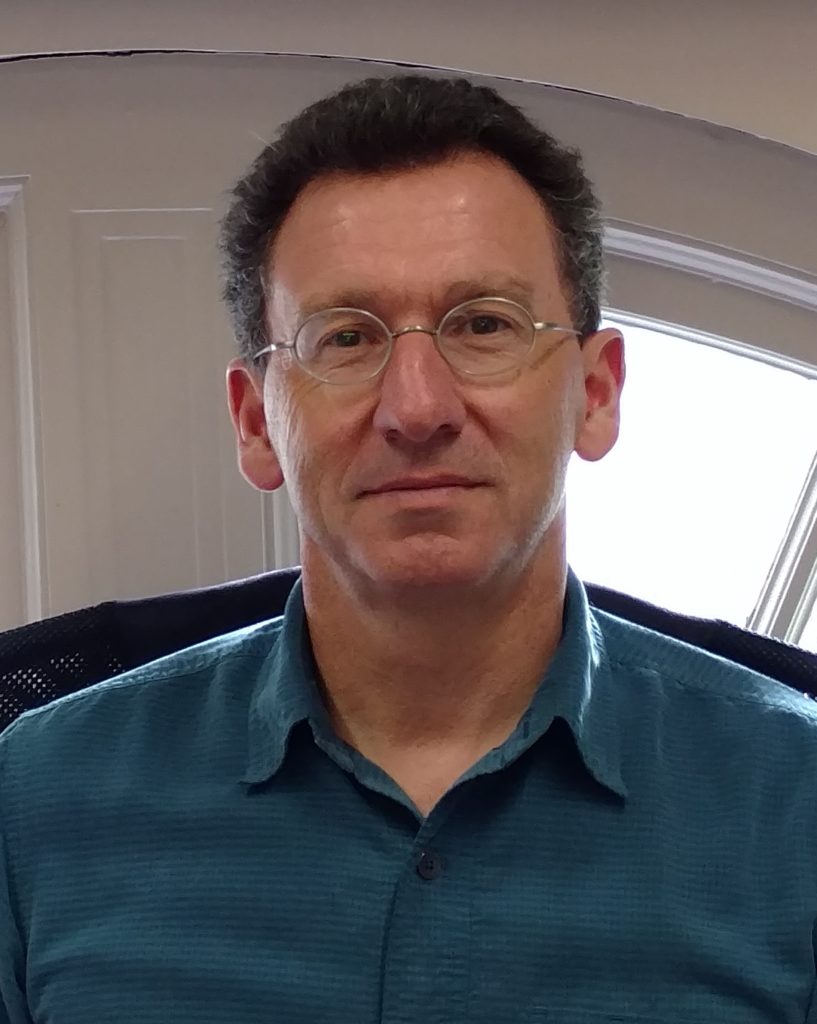
Christian Lebiere
Christian Lebiere is a Research Faculty in the Psychology Department at Carnegie Mellon University, having received his Ph.D. from the CMU School of Computer Science. During his graduate career, he studied connectionist models and was the coauthor with Scott Fahlman of the Cascade-Correlation neural network learning algorithm. Since 1991, he has worked on the development of the ACT-R cognitive architecture and was co-author with John R. Anderson of the 1998 book The Atomic Components of Thought. Most recently, he has been involved with John Laird and Paul Rosenbloom in defining the Common Model of Cognition, a community-wide effort to consolidate and formalize the scientific progress resulting from the 40-year research program in cognitive architectures.
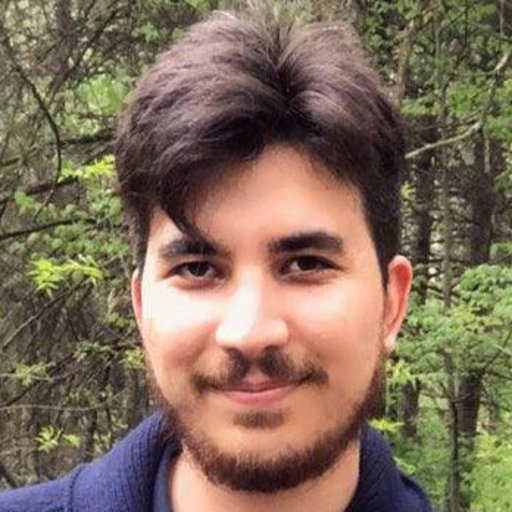
Can Mekik
Can Mekik is a Cognitive Science Phd Candidate at Rensselaer Polytechnic Institute. His PhD research is on developing a detailed computational cognitive model of Raven’s Matrices using the Clarion cognitive architecture. His research interests include cognitive modeling of psychometric tasks and phenomena, reasoning and relational thinking, cognitive architectures, and the foundations of cognitive science. Prior to starting his PhD, Can completed a bachelor’s degree at the University of Toronto in Mathematics and Cognitive Science with a Minor in Computer Science, and obtained a Master’s degree in Cognitive Science from Carleton University.
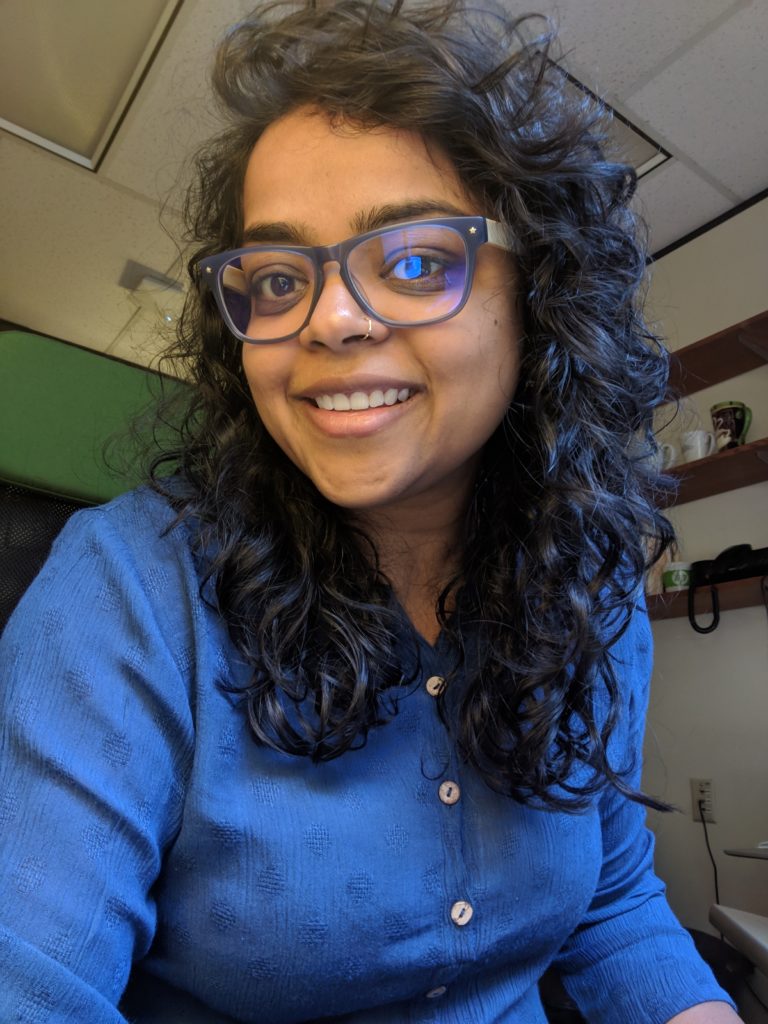
Shiwali Mohan
Shiwali Mohan is an AI researcher at the Palo Alto Research Center. She earned her Ph.D. in computer science from the University of Michigan. She studies intelligent interactive systems that model and reason about their human collaborators. She is especially interested in methods that facilitate robust human-agent collaborative behavior in real-world settings. Her research spans artificial intelligence & machine learning and leverages our understanding of human behavior from cognitive science, linguistics, and economics. She has designed intelligent collaborative agents for a variety of application domains including general-purpose robots, preventive healthcare, sustainable transportation, and augmented reality learning. She is particularly motivated to build intelligent collaborative technology for social good and public welfare.
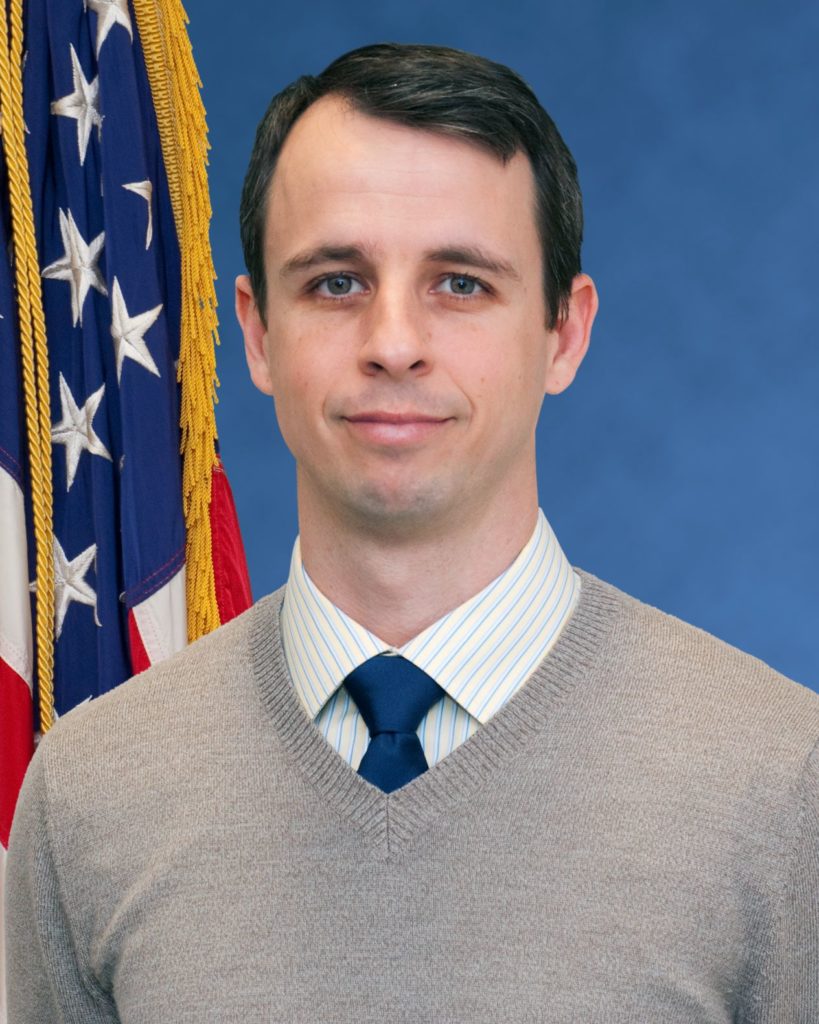
Christopher Myers
Chris Myers is a senior cognitive scientist at the Air Force Research Laboratory. His research is focused on developing computational cognitive models for highly complex tasks and integrating models of physiology with cognitive models to predict performance given different physiological pressures. He has a wonderful wife, two young daughters, and supports Arsenal Football Club.
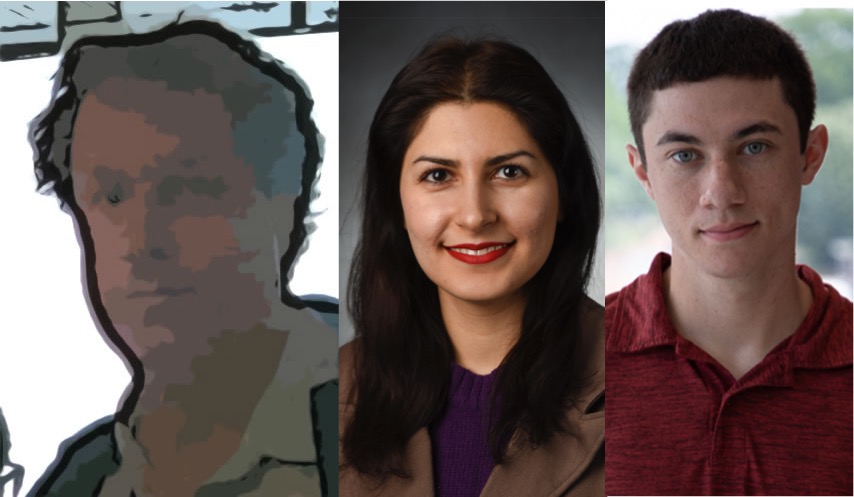
Frank Ritter, Farnaz Tehranchi, David Schwartz
Frank E. Ritter is a professor in the College of Information Sciences and Technology, professor in the Department of Psychology, and professor in the Department of Computer Science and Engineering at Penn State University. He studies cognitive modeling, cognitive architectures, human computer interaction and learning.
Farnaz Tehranchi is a 5th year PhD student in the Computer Science and Engineering Department at the Pennsylvania State University. She works in the Applied Cognitive Science Lab, where she is co-advised by Dr. Frank E. Ritter and Dr. Rebecca Passonneau. Her research is focused on cognitive computing at the intersection of Human-Computer Interaction
and Cognitive Science. Farnaz is developing an artificial intelligence agent, eyes and hands model by extending visual and motor modules for cognitive architectures. She received the best poster award at ICCM 2019.
David Schwartz recently graduated from Bucknell University and is working towards a PhD in Informatics at Penn State. His prior work concerned getting ACT-R and ACT-R/Phi to interact with other simulations such as Project Malmo and Skirmish Sim. He is interested in making cognitive models easier to use and able to better replicate human behavior.
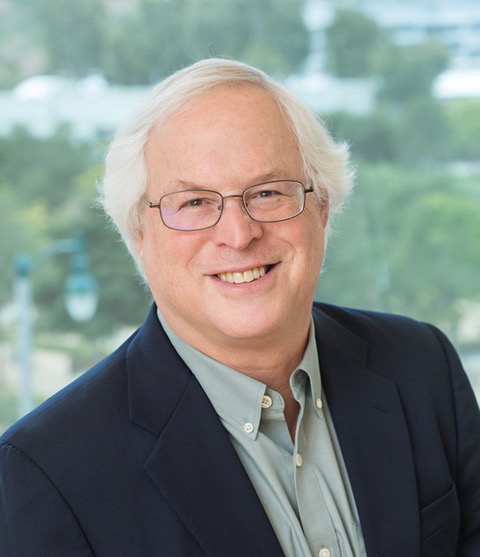
Paul Rosenbloom
Paul Rosenbloom is a professor of computer science in the Viterbi School of Engineering at the University of Southern California (USC) and director for cognitive architecture research at USC’s Institute for Creative Technologies (ICT). His research concentrates on cognitive architectures, the Common Model of Cognition, and computing as a great scientific domain. He is a fellow of the AAAI, the AAAS, and the Cognitive Science Society; and with J. Laird was awarded the Herbert A. Simon Prize for Advances in Cognitive Systems.
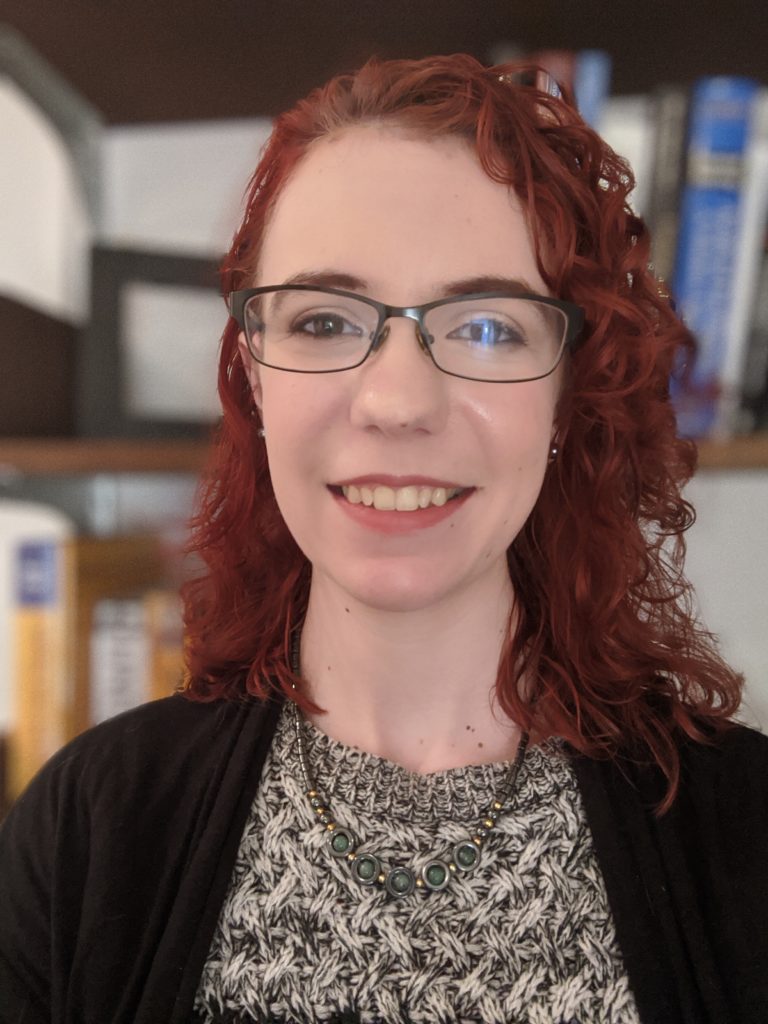
Catherine Sibert
Catherine first became interested in Cognitive Science because of a childhood interest in robots, but quickly decided that the human mind was fascinating enough on its own. She collected a complete set of Cognitive Science degrees from Rensselaer Polytechnic Institute, studying human performance, skill acquisition, and expertise in complex, dynamic tasks, using the video game Tetris as a test case. Specifically, her work explored the environmental factors that gave rise to specific task strategies by manipulating the task space of high performing machine learning models and comparing them to complex human data. She is now working as a PostDoc at the University of Washington, studying the human mind at a much lower level, trying to understand low level brain data through the framework of cognitive architectures.
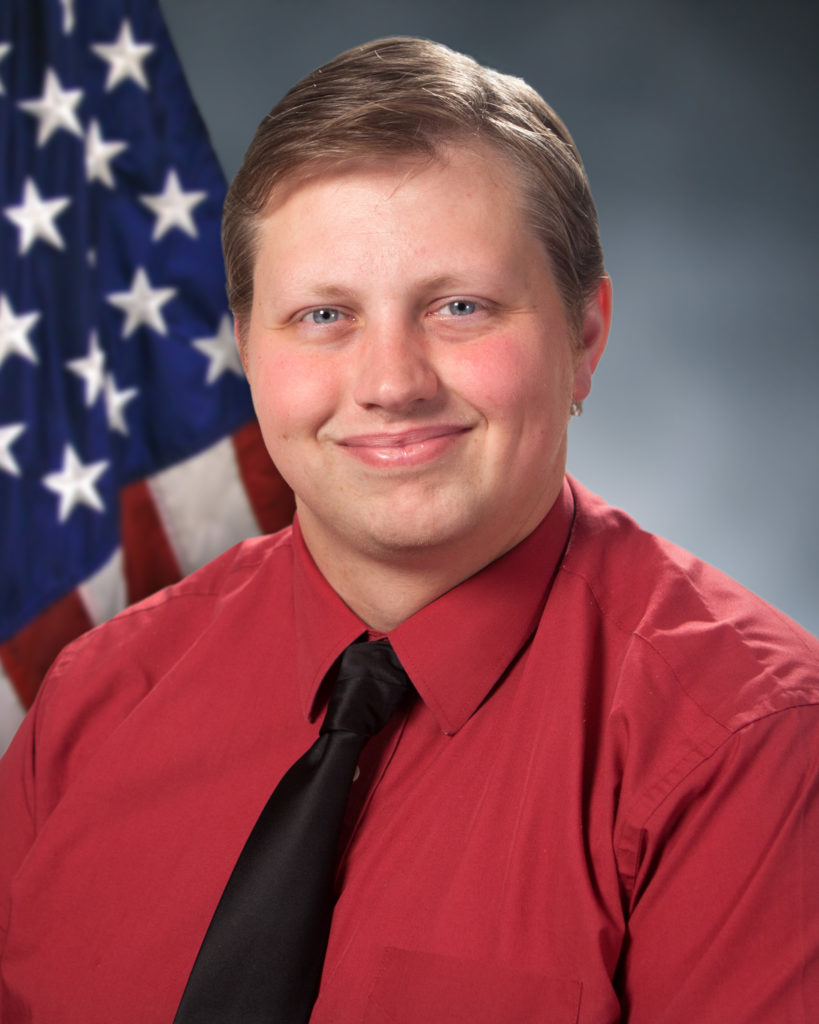
Christopher Stevens
Christopher Stevens is a research psychologist working with the Air Force Research Laboratory. He earned his Ph.D. in psychology from The Pennsylvania State University in 2014. He then completed a postdoc on building metacognitive models of negotiation at the University of Groningen. Since joining the lab, his focus has been on human machine teaming, including managing workload in human machine teams, the development of cognitive agents for use in such teams, and modeling of decision-making and metacognition in human operators..
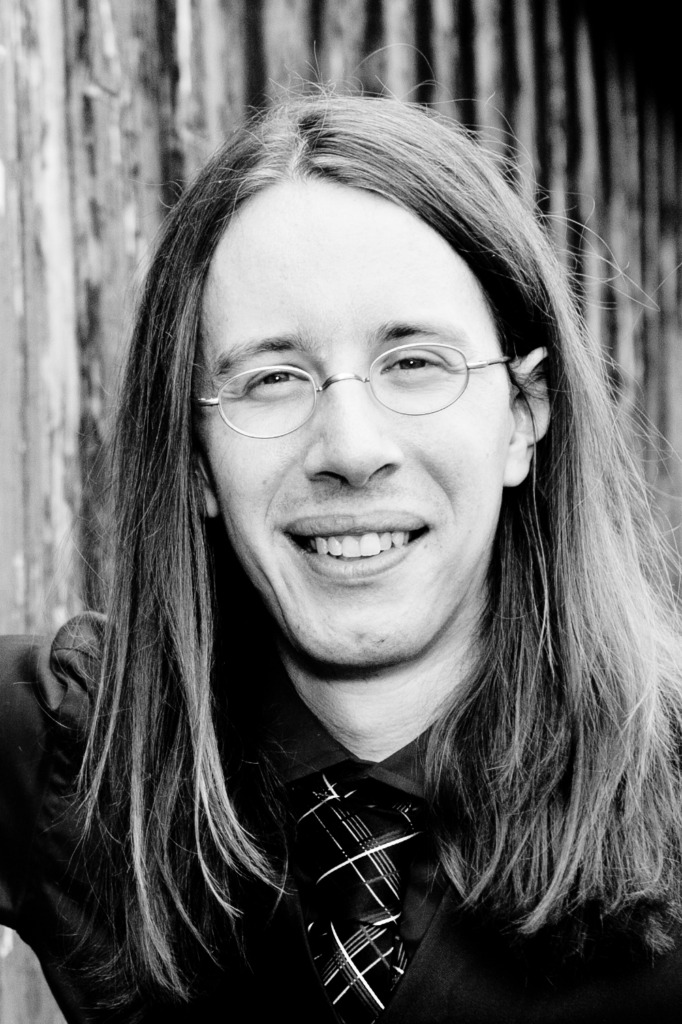
Terry Stewart
Terry Stewart is a Research Officer with the National Research Council of Canada. His main research is in determining how cognitive algorithms can be implemented within biological constraints, and seeing how those constraints lead to new algorithms. He is also interested in seeing whether these resulting algorithms can lead to industry-relevant applications, given modern neuromorphic hardware.

Andrea Stocco
Andrea Stocco is a computational cognitive neuroscientist at the University of Washington, Seattle. Andrea’s research focuses on characterizing the architecture of the human brain from a computational perspective, investigating the algorithms are used by brain circuits and how they could be identified from behavioral and neural data. His research aims to develop high-fidelity models of brain function that can be used to create new technologies that support or augment human cognition in patients and healthy subjects. In his work, Andrea has used multiple methods, including EEG, fMRI, and neurostimulation techniques. In 2013, he developed the first non-invasive direct brain-to-brain interface.
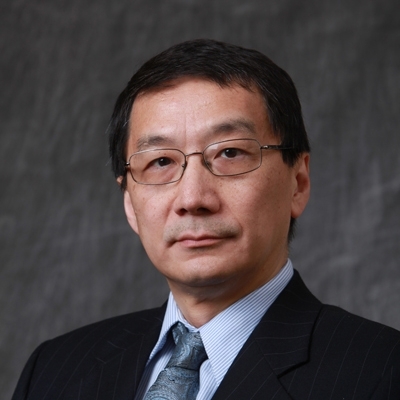
Ron Sun
Ron Sun is a Professor at Rensselaer Polytechnic Institute. His research focuses on cognitive science and involves investigating the fundamental nature of the human mind using various methodologies of cognitive science, and in particular computational modeling as a means of forging process-based comprehensive theories of the mind. He has played a leading role in developing hybrid systems for cognitive modeling, including the Clarion cognitive architecture. He received the 1991 David Marr Award from the Cognitive Science Society, and the 2008 Hebb Award from the International Neural Networks Society. He served as President of INNS during 2011 and 2012. He is a Fellow of IEEE and APS.His URL is: http://sites.google.com/site/drronsun
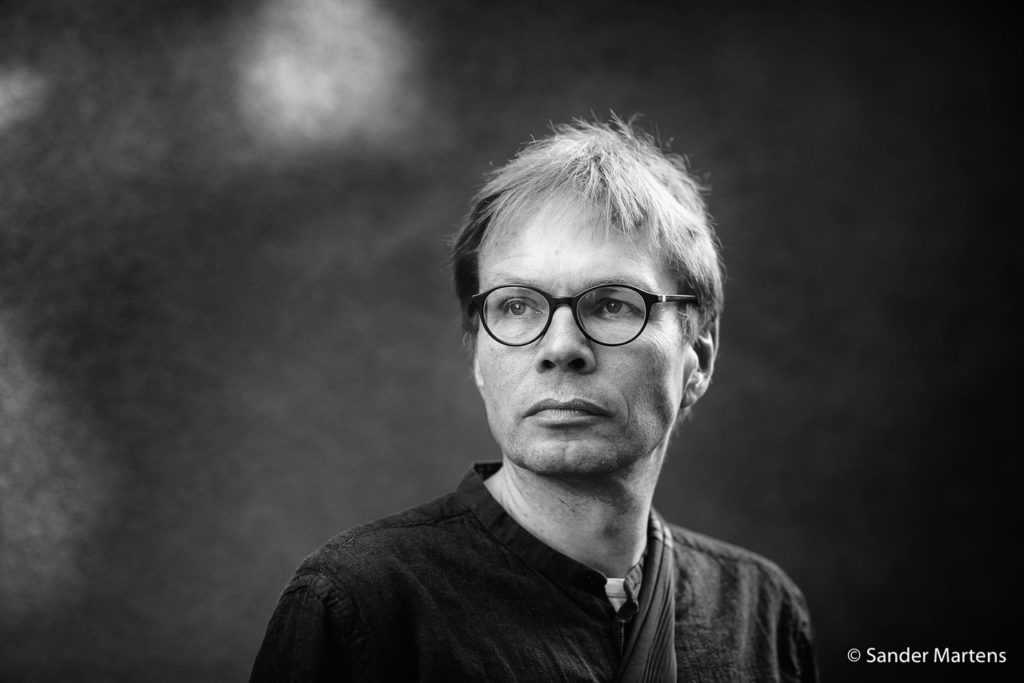
Niels Taatgen
Niels Taatgen is professor of cognitive modeling at the University of Groningen, and director of the Bernoulli Institute of Mathematics, Computer Science and Artificial Intelligence. He has contributed to the ACT-R architecture by developing mechanisms for production compilation (with John Anderson), multitasking (with Dario Salvucci) and time perception (with Hedderik van Rijn). He then developed the PRIMs cognitive architecture, which is based on ACT-R, which has mechanisms for knowledge transfer and bottom-up learning.
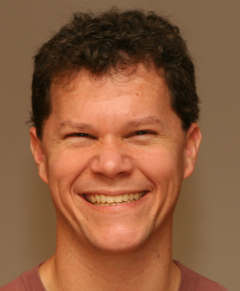
Greg Trafton
Greg Trafton is the section head for the Human and Machine Intelligence Section in the Artificial Intelligence Center at the Naval Research Laboratory. Greg received his BS in computer science with a second major in psychology from Trinity University, San Antonio, TX in 1989. He received an MA (1991) and Ph.D (1994) in cognitive psychology from Princeton University. Greg uses methods from cognitive science, AI, and robotics with a focus on interaction to understand how people perform complex tasks; he also builds computational systems that interact with people.
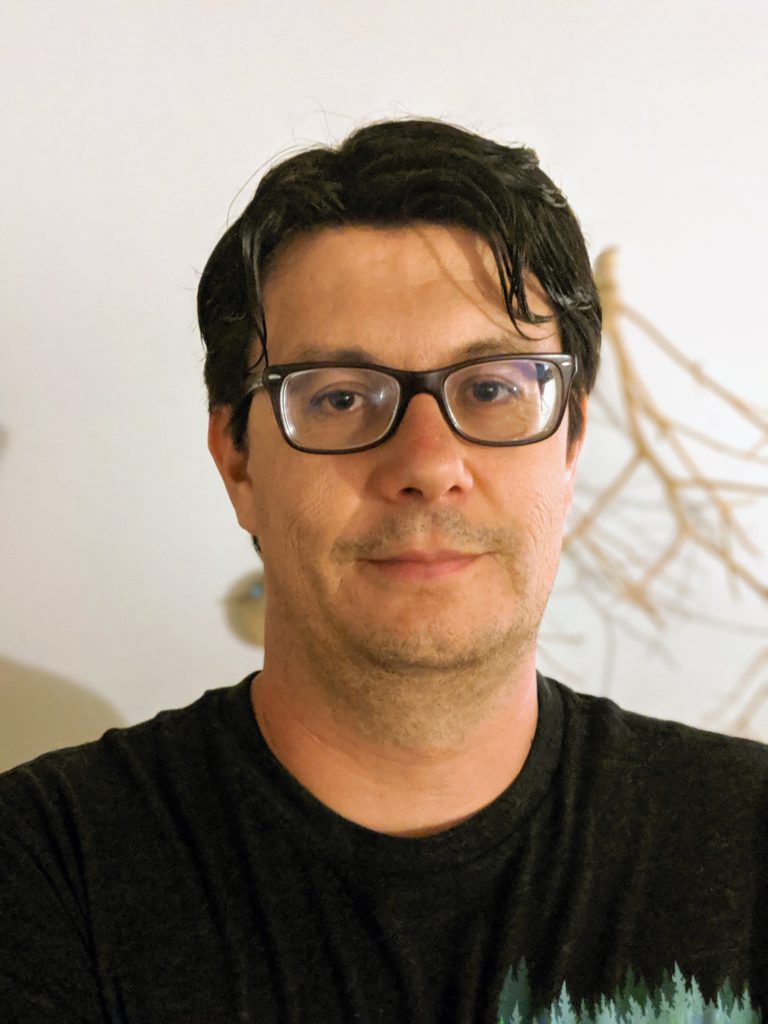
Volkan Ustun
Volkan Ustun is a Research Scientist at the University of Southern California’s Institute for Creative Technologies (ICT). His general research interests are simulation, cognitive architectures, computational cognitive models, and natural language. Dr. Ustun is the Associate Director of the Cognitive Architecture group at ICT and a significant contributor to the Sigma cognitive architecture.

Matthew R. Versaggi
- Matthew R. Versaggi is a senior leader in the Artificial Intelligence and Cognitive Technologies space at Optum Technology. Combination role comprises the responsibilities of (a) thought leader, (b) evangelist, (c) education SME, (d) strategist, and (e) advanced technology delivery of projects and technical capabilities in the AI/CT spaces.
- Other responsibilities include Education and Subject Matter Expert in AI/ML for College of Artificial Intelligence in the Optum Tech University, and Subject Matter Expert in the UHG Patent Review Board reviewing AI/ML technologies.
- BA (Computer Science), BS (Finance / MIS), MS (Computer Science -Artificial Intelligence), MBA ( International Business / Economics) and Professional certificates in Security (Server / Network), Data Science / Machine Learning, Artificial Intelligence, and Quantum Computing.
 MENU
MENU 
